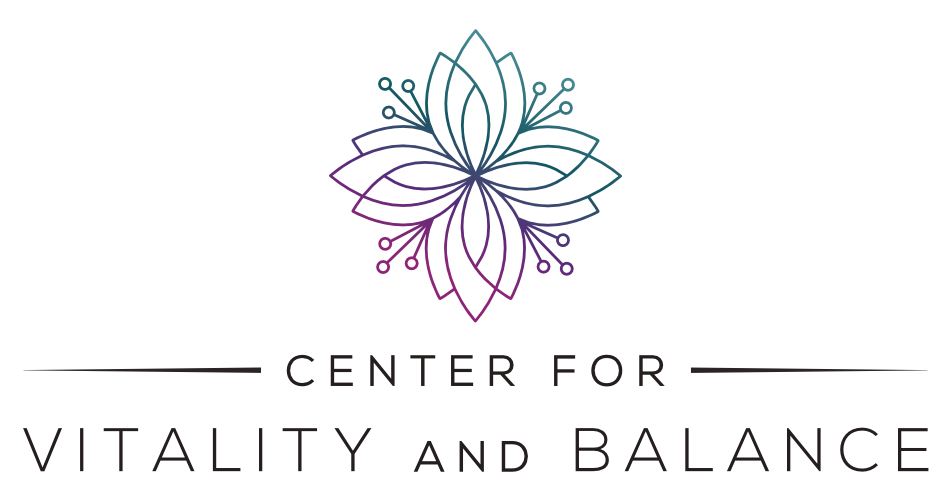Mindfulness Meditation
What is Mindfulness Meditation?
Mindfulness Meditation remains a popular topic and tool that can be used to reduce stress and improve sleep and concentration. For me, meditation is about creating conscious and deliberate focus. If you think about it, we apply focus everyday—driving, working, conversing, searching the web. Mindfulness Meditation is simply focusing on one thing, one purpose, and in the present moment.
I know many people struggle to find time to meditate. Even I have to schedule it into my calendar sometimes so I don’t let the practice pass me by. As an experiment, I once kept track of every minute of my day for about 5 days. I learned that, while I have a demanding schedule, I also have pockets of time throughout the course of an average day. You don’t have to do the same experiment to notice that your day has little windows of opportunity—a minute here, 10 minutes there—to practice mindfulness. Sometimes, I meditate while standing in line at the store or while seated in a waiting room before an appointment. I skip the magazines and put down my phone and bring awareness to my surroundings, an image I carry in my mind, or an object I carry with me.
The absolute goal for a meditation practice is simple: just do it. I encourage you to release the expectation of a perfect practice because that expectation alone can get in the way of your steady progress. It’s not a race; it’s not a competition. The lasting benefits of meditation (increased concentration, clarity of mind, responding thoughtfully rather than reacting, improved health and wellness) will come as long as you continue to practice. There may (or may not) come a time when you’re ready for a more rigorous and exacting type of practice.
I read somewhere that the word mindful can be viewed as “mind full”. It was a funny reminder that the mind is never without content. Mindful meditation is not about going blank. Instead, it’s about returning to the present moment and applying singular focus. Left to its own devices, the human mind has no problem filling the space with thoughts and thinking (this is what it is good at). The practice of meditation is intended to train your mind to be present moment aware so you can be conscious of what you’re thinking and how you’re feeling. When your mind goes off topic during meditation, all you need to do is return to intentional attention. No judgment, no force, just kind and smooth return.
It’s absolutely normal to experience distractions such as thoughts, feelings, or noises during meditation. Having a wandering mind doesn’t mean you’re doing meditation wrong, or worse, that you can’t meditate. It's just your mind doing one of the things it does best: thinking.
Why I Practice It and Recommend It Outside of Therapy
Over time and with continued practice, meditation will increase your ability to be present to the now. It is in the now that we are able to hold curiosity, compassion, and learn to be with ourselves in a softer, slower manner. Through the practice of mindful meditation, you might find you’re no longer reliving the past or rehearsing for the future, but able to observe what is happening in the present moment. This present moment is all we ever really have and we can learn so much by noticing where we are at any given time in the moment. That “now” space can help us slow down the rhythm of our thoughts. This gives us an opportunity to release automatic patterns of thinking or feeling and lean into what our stories and experiences are like in a more neutral stance. This neutral place does not eliminate our honestly felt self, our history, or questions for the future. It merely helps us practice standing with ourselves, holding ground to understand all these situations with more clarity.
I’ve been meditating for years and I embody a wide range of feelings and reactions: I’m remarkably silly, occasionally irritated, thoughtful, careless, sad, gleeful. Meditation doesn’t erase the broad spectrum of human emotional experience. But it can help us to be present to what we are feeling in the moment so we can consciously choose our response. Can I notice that I’m angry? Yes! Mindful awareness enables me to choose how I want to tend to my anger rather than immediately reacting. Am I joyful? Absolutely. As I notice the feeling of joy, I can deepen that experience by feeling it in my bones or sharing it with someone.
Meditation will not make you perfect, but it can support you in living a life that is well balanced and full of vitality, one moment at a time.

